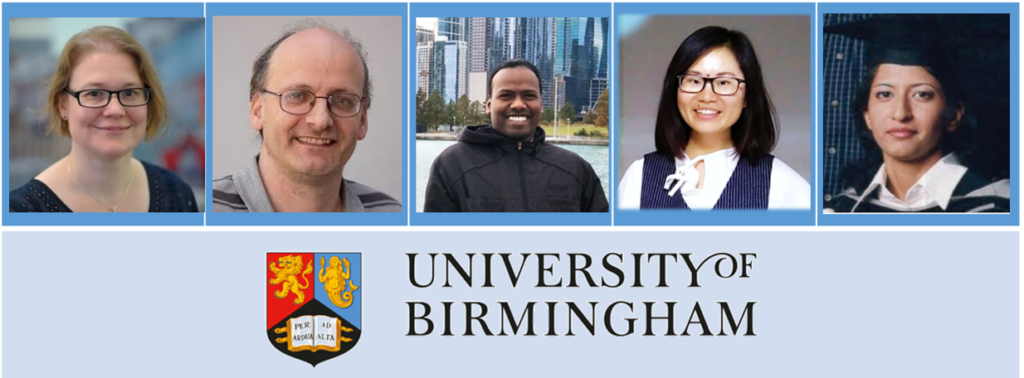October 2021
To know the project and activities better, we present a series of interviews with our project partners in which they will provide insights in their personal motivations and their experiences and tasks in the project.
What was your original motivation to become a researcher? What is your research area today?
Curiosity is always the drawing force of my research, to question, to study and to understand attracted me initially on the journey of becoming a researcher. This journey imparts new vigor to my life.
For the last few years, I was focusing mainly on the developments of new materials for Li/Na ion batteries with a light touch in the area of electrolyte additives. For the SIMBA project, our group, based in the University of Biringham, is contributing on investigating the recyclability and reuse of batteries and reconditioning them at their end of life.
By the time the research interest moved from engineering ceramics to functional ceramics, therefore my research area is on the electrical, thermal and optical properties of functional ceramic, photocatalytic ceramic nanotubes, etc.
What do you like the best about your work?
The essence of research is uncertainty, which brings various ‘adventures’ during the whole process of venturing into and trying to find something meaningful. To find the certainty among the uncertainty is hard but also the most enjoyng part of the work. Especially when the research is about applying a concept and converting into a commodity which would impact the lives of people. In SIMBA project, the journey to figure out what and how to recycle the battery among numbers of solutions is going to be time consuming but we know all the efforts will lead us to the best.
What is your main task in SIMBA?
It was such a moment that my previous project was about to finish and SIMBA project was recruiting, I believe the best things come when you least expect them to. So here I am. My working partner and myself will concentrate on developing a process for tear down, reclamation of components from spent cells, demonstrate direct loop recycling for electrodes in small pouch cells, and remanufacture them from reclaimed materials.
Why is your company ideal for the research/activities in SIMBA?
The University of Birmingham leads, Professors Emma Kendrick and Peter Slater, are co-directors of the Birmingham Centre for Energy Storage and have extensive experience in electrochemical energy storage and conversion devices, in particular Fuel cells and Li- and Na- based batteries. Prof Kendrick’s research over last decade (in industry and academia) has led to the translation of several material chemistries to cell and demonstrators, whereas Prof Slater has developed novel material stabilisation techniques for the implementation of materials in devices. Recent work within the centre for energy storage by both groups, has made significant steps towards a cost-effective reclamation and recycling for lithium-ion batteries. SIMBA provides the unique opportunity to provide support in developing a new sodium-ion battery technology based on earth abundant materials for a sustainable future. We will build upon the skills and experience of the research team here at Birmingham to develop this as a sustainable battery. Investigating methods to maximise the life-time of the technology and developing new recycling techniques for re-use and remanufacture.
What impact do you think the SIMBA technology will have?
Well, I believe the SIMBA project will have a significant impact from different perspectives, like the safety, economics, and efficiency of battery recycling with minimal environmental impact. Desinging recyclable Na-ion battery will boost recycling productivity, extend the battery life and provide valuable raw materials to feed in further up manufacturing supply chains.
 Figure 2. The Team
Figure 2. The Team
Want to know more about the University of Birmingham? Visit their partner page here
